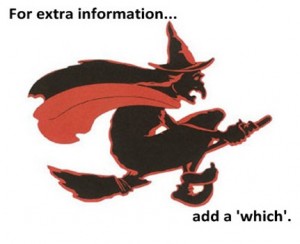Often stumped on how and when to use commas?
As a writer, you’ll have to pay attention to proper punctuation to keep your work sparkly clean – and this is where using commas correctly matters. Commas are commonly used to enclose parenthetical phrases, before quotes, between adjectives, in lists and after introductory clauses or elements.
For a start, let’s take a look at the relationship between commas and introductory clauses.







